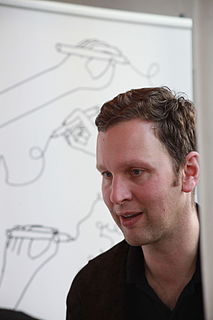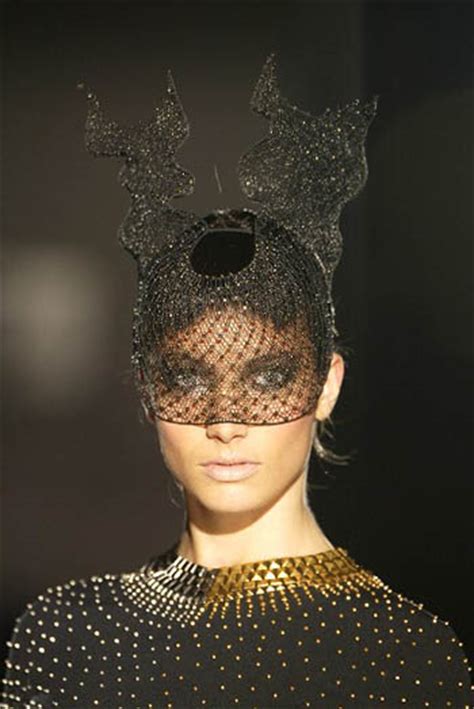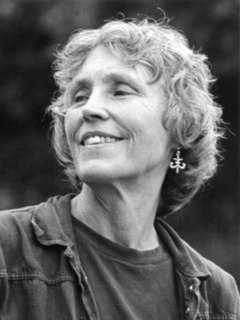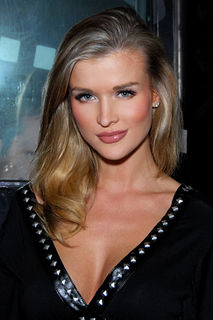A Quote by Viggo Mortensen
I have a publishing company of books by me and books of others. It drew people to poetry readings and photo exhibitions and painting exhibitions that I've been doing for years before that.
Related Quotes
Culture has to be constantly on the vanguard, too. It should be educating people, as it does in Latin America: thousands of great theatres, art cinemas, millions of free books distributed by the governments, public poetry readings, free public lectures, and all sorts of bookstores are open until early mornings, exhibitions reacting to the needs and sorrows of society, concerts of engaged music.
One of the most recent things we did [in Perceval Press] is a reissue of a fantastic documentary about Russian prison tattoo culture by Alix Lambert called The Mark of Cain. We've done books from Twilight of Empire, that actually has forewords by Howard Zinn and Dennis Kucinich and others, to books of poetry, photography, painting - all kinds of books.
The current publishing scene is extremely good for the big, popular books. They sell them brilliantly, market them and all that. It is not good for the little books. And really valuable books have been allowed to go out of print. In the old days, the publishers knew that these difficult books, the books that appeal only to a minority, were very productive in the long run. Because they're probably the books that will be read in the next generation.
Bernard [Leach] had acquired many [Shoji] Hamada works. Some of them, it was interesting - first of all, Hamada worked in St. Ives for about four years before returning to Japan to start his own pottery. He had exhibitions in London, and if these exhibitions didn't sell out, the galleries were instructed to send the remaining work down to the Leach Pottery, where they would go into the showroom for sale. If Bernard saw one that hadn't sold that he really admired, then he would take it (he would buy it), and it would go into the house.


































